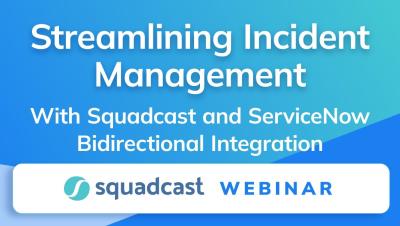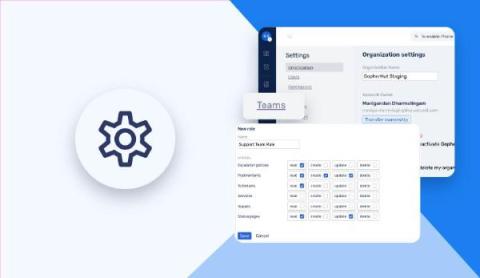How Squadcast's Snooze Incidents Promotes Focussed On Call Shifts
Dealing with a flood of incidents, each with varying degrees of urgency, can be a daily struggle for Incident Response teams. Suppose a low-priority alert pings while you're tackling a critical incident. This pulls your focus away from the urgent issue. This constant alert bombardment can: How do engineers ensure that high-severity issues take precedence? Don't they want to avoid being bothered or bombarded with notifications while addressing critical matters? They sure do.










